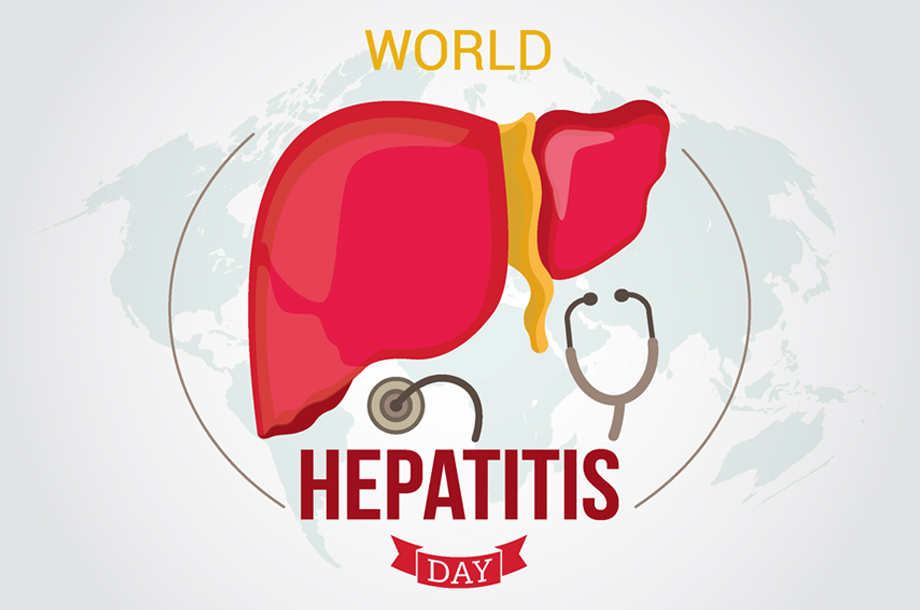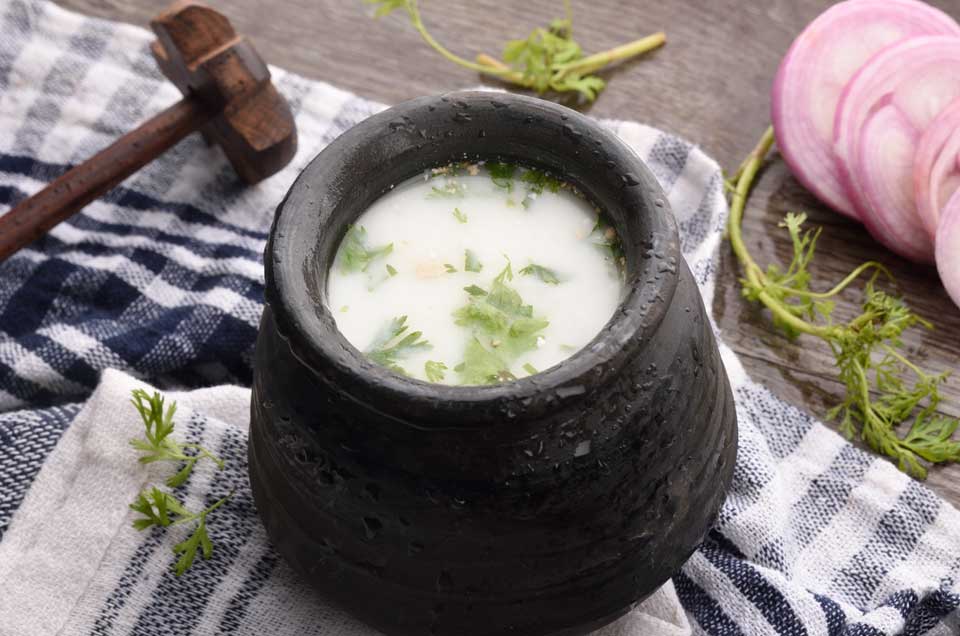So we wanted to highlight some of the most common misconceptions about Ayurveda and hopefully help people understand that, much like modern medicine, Ayurveda also has science backing it up. Here are a few of them:
Ayurvedic remedies are slow-acting
Ayurvedic treatments work to address not only your symptoms but also the root cause of your problem. So while you may not see tangible results as soon as you'd like to, your body is nonetheless getting treated as a whole. However, Ayurveda also possesses several remedies that produce quick results (just like modern medicine!), including some fast-acting laxatives. Another important thing to note is that Ayurvedic remedies provide quicker results when you get timely treatment. So don’t wait for your condition to become worse or chronic. Reach out to an Ayurveda specialist the moment you start observing the first signs of ill-health.
Ayurveda can only treat a handful of diseases
Contrary to popular belief, Ayurveda can effectively treat and heal a variety of illnesses ranging from the common flu to more chronic conditions, like diabetes and arthritis. And much like in modern medicine, Ayurvedic texts also detail several areas of speciality, which include Kayachikitsa (Internal Medicine), Kaumarabhritya (Pediatrics and Neonatal), ShalyaTantra (Surgery), and Bhuta Vidya (Psychiatry), among others.
Ayurveda is based on faith and spirituality
While Ayurveda is rooted in the Vedas, the ancient scriptures of India, there is no reference to religion anywhere in its texts. It mainly deals with physiology, anatomy, and pathology and also provides detailed formulations to help cure and treat disorders. More importantly, modern medicine has benefited, and still benefits from, most of the practical applications detailed in the Ayurvedic texts. Furthermore, the fundamental principles of life mentioned in the Ayurveda are not subject to change, and are time tested and authentic. This, therefore, illustrates that Ayurveda is not based on faith or spirituality but on science and an eternal science at that.
Ayurvedic medicine contains only herbs
Another common myth. Herbs are not the only ingredients used in Ayurvedic medicine; it also makes use of rock salts, minerals, resins, milk, honey, fermented drinks, tea, and alcohol. Some may even use ash as an ingredient. Other times, changes to a person's diet or lifestyle or a strict exercise routine, featuring yoga and pranayama, can be the most effective treatment given.
Ayurveda is harmless
A common and potentially harmful misconception that people have about Ayurveda is that it is 'harmless' because it uses natural remedies to treat ailments. So they go about self-administering and self-treating via over the counter Ayurvedic medicines. However, experts strictly advise against this practice. All types of medication, Ayurvedic or not, have their side effects if the dosage is incorrect and taken without proper consultation. And using a variety of herbal remedies without checking it with the doctor first could have serious repercussions.
There’s a lot of misinformation surrounding Ayurveda, a lot of which people tend to deem true. So if you still have your doubts, we understand. All we ask is that you fight misconception with information. Always do your due diligence and try to look beyond what you know or hear around you. Ayurveda has a host of benefits (which have been widely documented), and in the hands of an expert practitioner, it can bring health, wellbeing, and happiness into your life.
You can also reach out to us for any queries at 0129-4040404 and book a consultation with one of our experienced health coaches.





 Prev
Prev




























